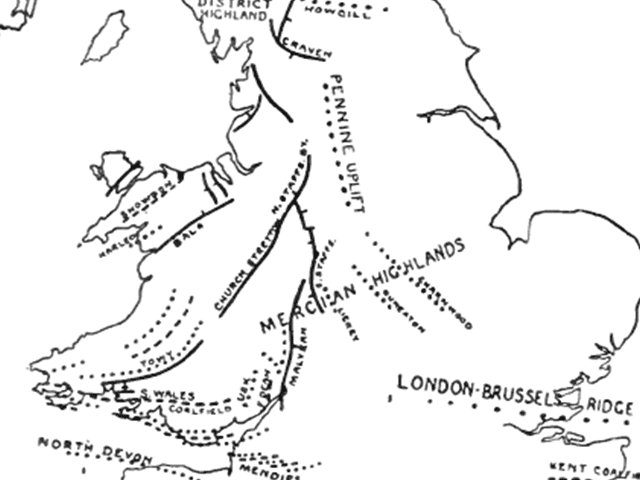<![CDATA[A group of researchers belonging to the University of Leicester are set to launch investigations into the possibility of using Unmanned Aerial Vehicle technology in order to potentially increase their understanding of British heritage. Researchers plan to use ground penetrating radar techniques from a UAV in order to determine the number of inaccessible ancient sites and understand how people have used and created space over time. The project is a direct result of a partnership between the Innovation through the Research Support Accelerator Project (IRSA) that is being funded by the European Regional Development Fund (ERDF) and the University of Leicester. The Loughborough based Sterling Geo is also believed to be partly funding the appointment of Mark Collins, M.Phil. Research Student, who has been tasked with the responsibility of coming up with unique ways of using these UAV vehicles. Mark had graduated from the University of Leicester itself with a BA in Archaeology. This partnership should help Sterling Geo to immensely benefit from the knowledge and experience offered by the Geophysics, Geography and Archaeology departments of the University as well as the IRSA project itself. Mark is scheduled to begin investigating solutions that help the project to use lightweight Ground Penetrating Radar (GPR) units along with UAVs under the supervision of Dr. Booker Ogutu and Professor Heiko Balzter. According to Mark, his interests primarily lie in researching about prehistoric landscapes, as they could help him understand how mankind has created and used space over time. He also believes that modern day techniques such as the GPR could be used to investigate sites that were previously considered to be inaccessible. Mark has already shortlisted a few testing grounds such as the Roman villa that is currently being worked upon by the Department of Archaeology & Ancient History. Teresa Smith, the ERDF Project Manager for IRSA, states that the IRSA is extremely delighted in being able to support about 12 months of research along with Sterling Geo in the area of UAV vehicles and their utilization in uncovering history. She also states that these projects are exactly the ones that IRSA and ERDF are highly interested in funding. Ed Lamb, currently working for the G-Step Project for the University of Leicester, states that the work should offer great benefits. He also believes that this project should allow us to see UAVs being used more frequently and in a vast variety of applications. Phil Cooper, the General Manager of Sterling Geo and an alumni of the University of Leicester, went on record to state that the company was wholly committed in supporting worthy research projects in the field of Geographical and Environmental Science. He also showed pleasure in being able to cover Mark’s university fees and offer enormous discounts on the ERDAS software being used by academic organizations. Sterling Geo, as well as the University of Leicester, shall be publishing updates with regards to the progress made by this unique project at regular intervals all through the year.]]>
UAV Technology to Further Britain’s Heritage
